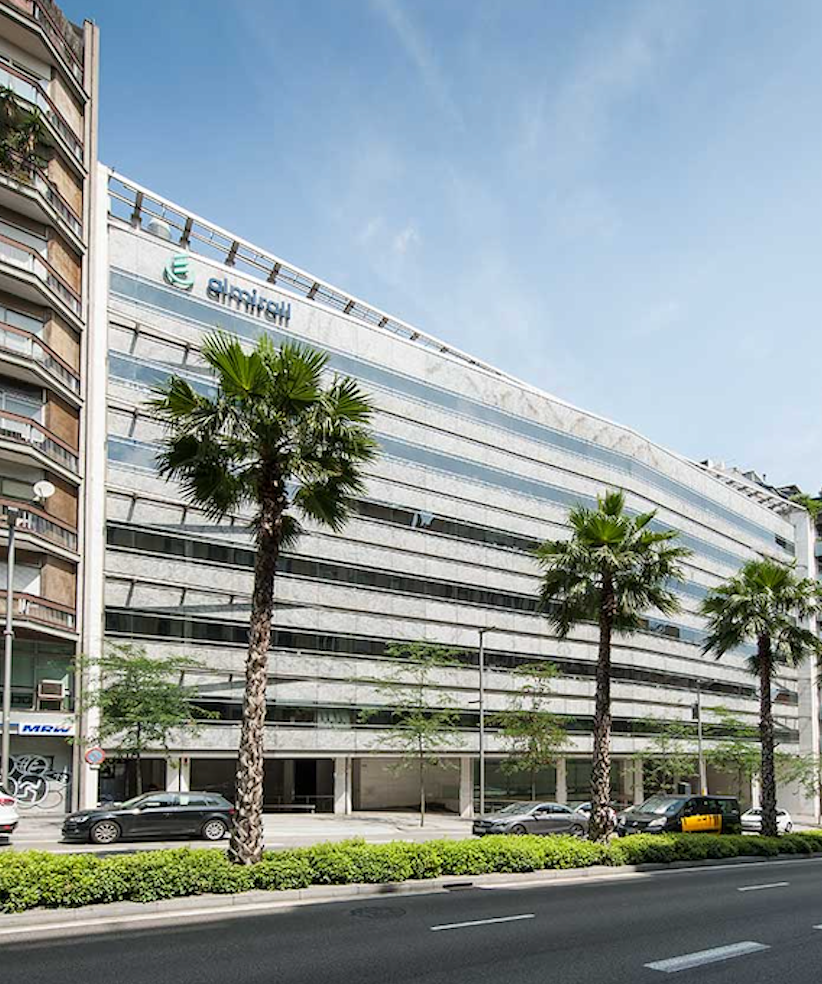- General Dermatology
- Eczema
- Alopecia
- Aesthetics
- Vitiligo
- COVID-19
- Actinic Keratosis
- Precision Medicine and Biologics
- Rare Disease
- Wound Care
- Rosacea
- Psoriasis
- Psoriatic Arthritis
- Atopic Dermatitis
- Melasma
- NP and PA
- Skin Cancer
- Hidradenitis Suppurativa
- Drug Watch
- Pigmentary Disorders
- Acne
- Pediatric Dermatology
- Practice Management
Lebrikizumab Receives Positive Opinion for Atopic Dermatitis Treatment in Europe
Skin clearance and itch relief were maintained through 1 year of treatment with monthly maintenance.
Almirall SA announced that the Committee for Medicinal Products for Human Use (CHMP) of the European Medicines Agency (EMA) released a positive opinion recommending marketing authorization of lebrikizumab (Ebglyss) for treatment of moderate to severe atopic dermatitis (AD) in patients ages 12 years and older who are candidates for systemic therapy.1

At 16 weeks, most patients (80%) who responded to treatment with lebrikizumab maintained skin clearance and itch relief through 1 year of treatment with monthly maintenance dosing. Lebrikizumab works by binding to Interleukin-13 (IL-13) protein and obstructs downstream signaling.
Results of the phase 3 clinical development program that the CHMP opinion is based on, including the studies ADvocate 1 and ADvocate 2 that examined lebrikizumab as monotherapy, showed that at week 16 more than 50% of patients with moderate to severe AD experienced at least a 75% decrease in disease severity. The ADhere study evaluated lebrikizumab in combination with topical corticosteroids (TCS) and showed that nearly 70% of patients achieved an Eczema Area and Severity Index (EASI) score of 75.
“Lebrikizumab’s targeted mechanism of action inhibits IL-13 signaling. In clinical trials, it helped patients control their disease and maintain those results long term, over 52 weeks,” said Alan Irvine, MD, dermatologist in Children’s Health Ireland and St James’s Hospital, Dublin, and professor in dermatology, Trinity College Dublin, in a news release. “Additionally, its monthly maintenance dosing regimen offers convenience and flexibility, benefiting both patients and healthcare providers. The potential inclusion of this treatment in the range of options against atopic dermatitis means a significant stride toward enhancing the quality of life of individuals struggling with this challenging skin condition.”
Adverse events (AEs) were generally mild or moderate and did not lead to discontinuation of treatment. The most commonly reported AEs were conjunctivitis, injection site reactions, conjunctivitis allergic, and dry eye. Approval of lebrikizumab is expected in approximately 2 months and its release in the first European country could occur soon after.
"The positive CHMP recommendation for Ebglyss in moderate to severe AD represents a significant milestone in bringing a next-generation biologic therapy to people living with atopic dermatitis, providing a much needed additional treatment option,” said Karl Ziegelbauer, chief scientific officer at Almirall in a news release. “We are confident that Ebglyss, thanks to its selective mechanism of action, proven long-term efficacy and patient friendly monthly maintenance dosing, has the potential to become a first-line treatment for moderate-to-severe atopic dermatitis.”
Reference
- Ebglyss (lebrikizumab) receives positive CHMP opinion for moderate-to-severe atopic dermatitis. Businesswire. News release. September 15, 2023. Accessed September 15, 2023. https://www.businesswire.com/news/home/20230915131004/en/EBGLYSS%C2%AE-lebrikizumab-Receives-Positive-CHMP-Opinion-for-Moderate-to-severe-Atopic-Dermatitis
